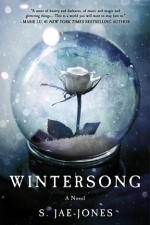Kyera (8 KP) rated Wintersong in Books
Jan 31, 2018
This dire warning and her later choices set her on a journey to the Underworld. It is dark, earthy and primal, full of creatures that Liesl does not understand or trust. The land itself is well-described and forms itself within the reader’s mind. Though you would never hope to call it home, it has its own ancient and crude form of beauty.
The characters are unique, although generally not faceted or well-developed in their personalities. Perhaps our main character just does not know them as well as she believes, for her view is quite flat. Her sister, Kathe is beautiful and cares only about similarly pretty and frivolous things. Her brother, Josef is a talented musician who fears his music is a “gift” from the Devil. Her grandmother is superstitious, her mother hard-working and aloof, and her father a drunk. Sadly, we don’t get to see or experience any depth of personality, nor are they given the chance to develop over the course of the novel. As our main character is in the Underworld, the lack of development is understandable which is why I wish they were more fleshed out initially.
Liesl herself is a strange mix of traits with her love of music and composition, intense lack of confidence and anger stemming from her belief that she is ugly and unwanted. Her choices are both selfish and selfless. She is a mass of contradictions and broken beliefs. While she is an interesting character, I don’t find her to be particularly relatable. I didn’t connect with any of the characters in the novel, although I enjoyed the story itself. I’m sure there are others who would find similarities between themselves and one of the characters, making this book more impactful.
Finally, the Goblin King himself – who seems to be like two people in one. At times, we see the younger, more open man that he was and could be again while at others the cold, quick to anger Trickster of the Underworld is at the forefront. More intriguing than his present is his story, you wonder how did he become the Erlkonig? For he is not the first, nor shall he be the last. He is more human than his subjects and thus this difference is what fascinated me. I wanted that story, more than him demanding Liesl in her “entire” and her being unable to give of herself, fully, yet.
It was an interesting story even though I didn’t particularly care for the characters. I recommend this book for older young adult/teen readers who enjoy fantasy and fairytale books. The writing is very poetic and beautifully descriptive. I don’t regret reading this book, but I also wouldn’t personally go out and buy a physical copy of it for my shelf.

Shock Treatment
Book
-If you haven't read this book yet--buy it, take it home, and read it now! This is the work that...
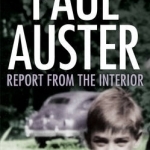
Report from the Interior
Book
'In the beginning, everything was alive. The smallest objects were endowed with beating hearts ...'...
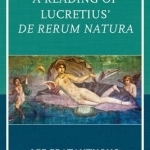
A Reading of Lucretius' De Rerum Natura
Book
Lucretius' philosophical epic De Rerum Natura (On the Nature of Things) is a lengthy didactic and...
Hide Fox, and All After: What is Concealed in Shakespeares Hamlet?
Book
Is there anything more to say on this most-discussed of plays? It has become a hive of furious...
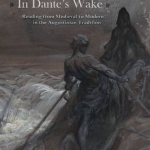
In Dante's Wake: Reading from Medieval to Modern in the Augustinian Tradition
John Freccero, Danielle Callegari and Melissa Swain
Book
Waking to find himself shipwrecked on a strange shore before a dark wood, the pilgrim of the Divine...
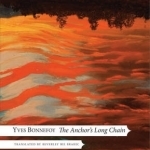
The Anchor's Long Chain
Book
Widely considered the foremost French poet of his generation, Yves Bonnefoy has wowed the literary...
The Collected Works of Jane Cavendish
Book
The first scholarly edition of the complete works of Jane Cavendish, this volume presents as...
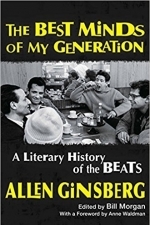
The Best Minds of My Generation
Book
A unique history of the Beats, in the words of the movement's most central member, Allen Ginsberg,...
Autobiography essays memoir
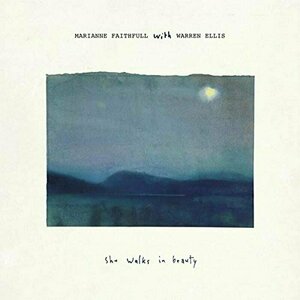
She Walks In Beauty by Marianne Faithfull
Album
Marianne Faithfull's new unique album - full of poetry and music. Set by Warren Ellis, starring Nick...
